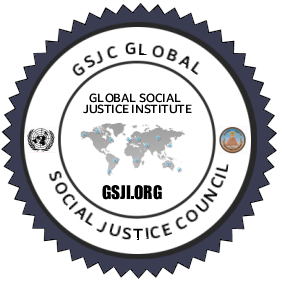|
2. Commission on the Status of Women (CSW)
The Commission on the Status of Women is the principal technical body of the United Nations for the development of
substantive policy guidance with regard to the advancement of women. The Commission presently consists of 45
government experts elected by the Economic and Social Council for a pe- riod of four years. Members, who are
appointed by Governments, are elected in accordance with the following criteria of geographical representation:
thir- teen from African States; eleven from Asian States; four from Eastern Euro- pean States; nine from Latin
American and Caribbean States; and eight from Western European and Other States.
? Powers and functions
The functions of the Commission are to promote women’s rights through:
• the preparation of recommendations and reports to the Economic and Social Council on promoting women’s rights in
the political, economic, social and educational fields;
• the formulation of recommendations to the Council on “urgent” prob- lems. The Council has stated that urgent
aspects of women’s rights should be aimed at achieving de facto observance of the principle of equality
between men and women and that the Commission should propose ways of implementing such recommendations.
Following the 1995 Fourth World Conference on Women, the General Assembly mandated the Commission on the Status of
Women to play a cata- lytic role, regularly reviewing the critical areas of concern in the Platform for Action
adopted by the Conference.
? Sessions
Between 1971 and 1989, the Commission’s sessions – each of three weeks duration – were held every two years in New
York or Geneva. However, since 1989, sessions of the Commission are held annually in New York. Sessions are
attended by members and alternates and by observers for other Member States of the United Nations, representatives
of bodies of the United Nations system, intergovernmental organizations and non-governmental
organizations.
| 
